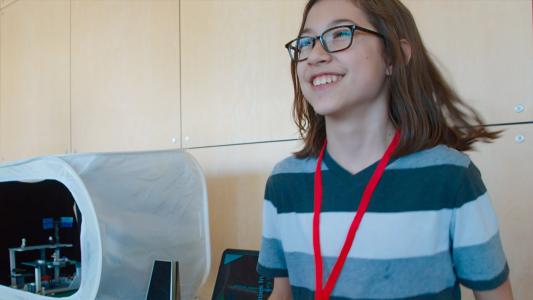With private space engineers making huge breakthroughs seemingly every day, it’s only a matter of time until the average person can explore space. But when that day arrives, will the average person be ready?
Rick Tumlinson is, and he wants the rest of us to be, too.
That’s why the two-decade veteran of the private space industry hosts a special gathering every year for people who are thinking about how to live off Earth.
At the New Worlds Institute, would-be space explorers swap ideas and hone their plans for growing crops on the moon and settling Mars. But the goal of the conference transcends preparation. Proponents of gatherings like New Worlds claim they are necessary to share the space exploration gospel. As Daniel Faber, one of Tumlinson’s colleagues puts it, space explorers will need the same wide social acceptance to work in space that they need to work on Earth.
“This is the future you can grasp. These are the things that space exploration will improve. Now, do you mind if we go and take some resources from a few of the millions of asteroids that are out there?” -Daniel Faber
The goal of New Worlds is to make a case to all humans that space exploration is worth it. Or as Faber likes to say when he meets with non-space nerds: “This is the future you can grasp. These are the things that space exploration will improve. Now, do you mind if we go and take some resources from a few of the millions of asteroids that are out there?”
